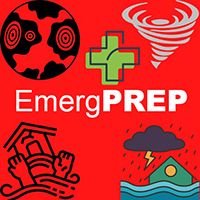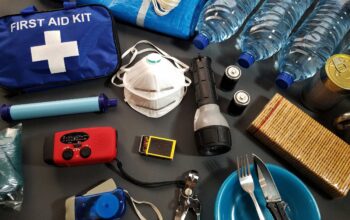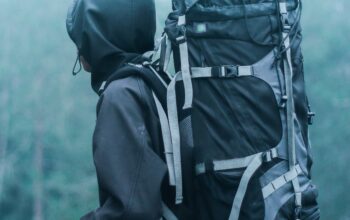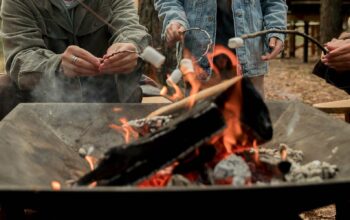As December turns to January, resolve to be ready for any emergency in the new year, weather-related or not. Your first step is making a family emergency plan. Need Help … contact us to help you make a plan [email protected]
Discuss with your family:
Who is our emergency point of contact? Choose an out-of-town friend or relative to be your contact. During emergencies, it’s often easier to make long distance calls. An out-of-town person can help communicate among separated family members.
Where are our meeting places? In case you can’t return home, choose a place to meet in your neighborhood and another place outside your neighborhood if you can’t get there. Your neighborhood meeting place may be a friend’s house on the next street. A meeting place outside your neighborhood may be a nearby church, store or another friend’s home.
Do our schools have emergency plans? If you are a parent, ask your schools and daycare providers about their emergency plans. Find out how they will communicate with families during a crisis. Ask if they are prepared to stay in school if necessary and where they plan to go if they must leave.
Winter has barely begun, but it has brought frigid temperatures. Here’s what you should know about staying safe and about being prepared for winter emergencies:
If power goes out and you have no heat: You’ll need blankets or sleeping bags for warmth in as few as four hours after power is out, depending on your home’s insulation. Dress in several layers of loose-fitting, lightweight clothing, and wear a hat and mittens.
If you use kerosene or propane heaters: These should be used with much caution. The room must be ventilated by opening a window. Keep heaters at least three feet away from flammable objects such as curtains, blankets and furniture. Place heaters on a hard surface, not on carpet. Refuel them outdoors after they have cooled.
If the power is out and you need information: Be sure you have a battery powered radio with extra batteries. Get one with a weather radio band so you can hear reports from the National Weather Service and your local radio stations. Find these at electronics and sporting goods stores, department stores, from catalogs and on-line.
If you can’t get out, you’ll need supplies: Stock at least a three-day supply of food that doesn’t need refrigeration or electricity to prepare. You may also need water – three gallons per person will last three days. Be sure to have flashlights and extra batteries on hand. Don’t use candles during power outages. Need Help … we have kits for this 647-933-4195 [email protected]
If you must drive during a winter storm: Most traffic crashes happen within two hours after a storm starts. Try to stay off the road to give snowplows time and space to work. Wait until daylight to drive so sunlight can warm the roads. Get road conditions. Buckle up every time you drive.



